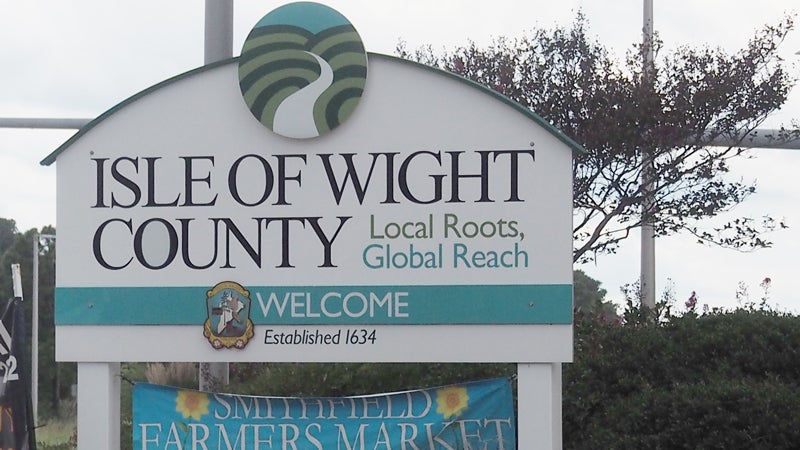School Board approves public comment changes
Published 4:34 pm Tuesday, November 16, 2021
Isle of Wight County’s School Board voted unanimously on Nov. 10 to make changes to its policies on public comments at board meetings.
Prior to the changes, board policy BDDH stated any member of the community may address the School Board on matters related to Isle of Wight County public schools at any regular meeting, with the chairman or chairwoman responsible for deciding the “appropriateness of the subject being presented and length of time for such presentation.” An exhibit attached to that policy further specified that each speaker is allotted a maximum of five minutes and not permitted to speak more than once per meeting, with the total allotted time for public comments capped at 30 minutes.
Policies BDDH and the associated exhibit, BDDH-E, are identical to policies KD and KD-E.
The changes repeal the 30-minute cap but reduce the allotted time per speaker to four minutes and restrict public comments made at the beginning of the meeting to items scheduled on that meeting’s agenda for discussion. Speakers wishing to comment on a topic not listed on the agenda would need to wait until the conclusion of the meeting to be heard.
Those who wish to speak on a scheduled agenda item must submit a request to do so at least one business day in advance of the meeting to the superintendent’s office. Those who wish to speak on topics not on the agenda may sign up the day of the meeting. Speakers are still limited to speaking only once per meeting.
“It clarifies you’re speaking about the business you’re conducting that night — before you actually conduct it — and then anything else, I think you’re still valuing their community input but that’s now moved until after all business is conducted,” said Superintendent Dr. Jim Thornton during a discussion of the proposed changes at a special meeting on Nov. 8.
The 30-minute public comment cap had come under fire from critics of the school system’s equity and inclusion initiatives who have shown up in numbers at recent meetings to oppose Smithfield High School’s “Read Woke” challenge and other examples of what they perceive as the influence of Critical Race Theory in K-12 schools. CRT, as it’s often abbreviated, argues American law has perpetuated racism and inequalities among minority groups. The SHS “Read Woke” challenge encourages students to voluntarily read social justice-themed books available at the school’s library.
At the October meeting, after the board voted to suspend the 30-minute cap for that evening only, more than a dozen speakers spoke on the ongoing CRT debate, some arguing against its perceived influence and others arguing a focus on equity and race relations is needed.
Prior to the vote to change the comment policy, county resident Laura Fletcher had urged the board during the meeting’s public comment period to reject the proposed procedural changes.
“In light of the weighty issues before us, I urge you to be more generous with your time, more patient in hearing parent and community concerns … you should give us the courtesy of your undivided attention; you should not control the topic nor manipulate the order,” Fletcher said. “To place inconvenient community concerns as the last item on the agenda says everything about your commitment to the people who put you in office.”
But Vice Chairwoman Denise Tynes defended the policy changes, stating she recalled a time several years ago when the board needed to vote on an agenda item by midnight to receive funding — and would potentially miss out on said funding in the future should the meeting be delayed by an indefinite public comment period.
“If our meeting had extended and we didn’t have a chance to get to that, we would have lost the funding, so this is why it’s important that any school board actions that we have, that we do it within a certain time period, so it will not go over into the next day,” Tynes said.





